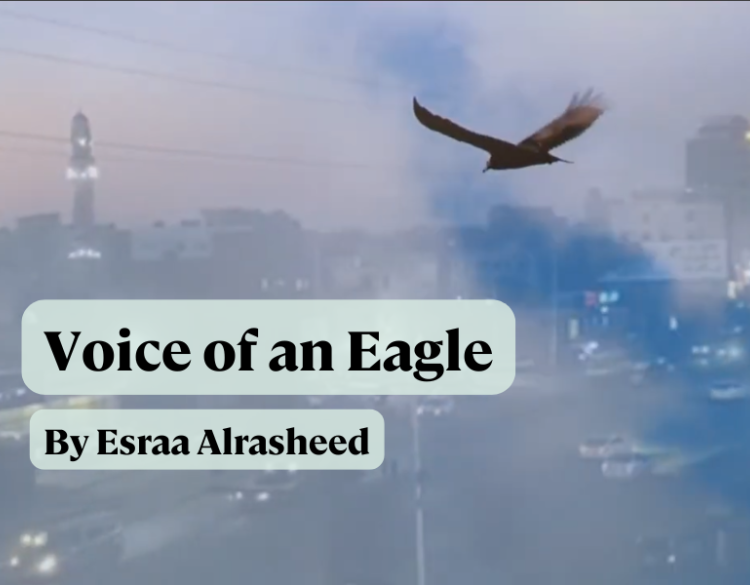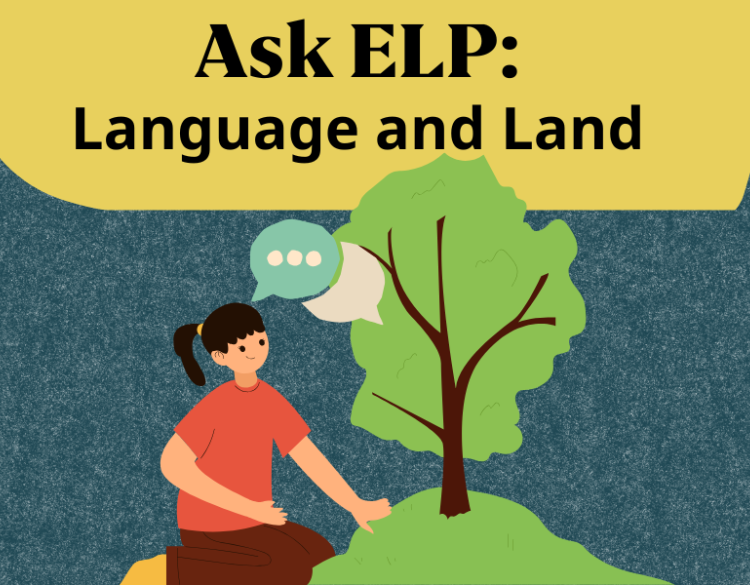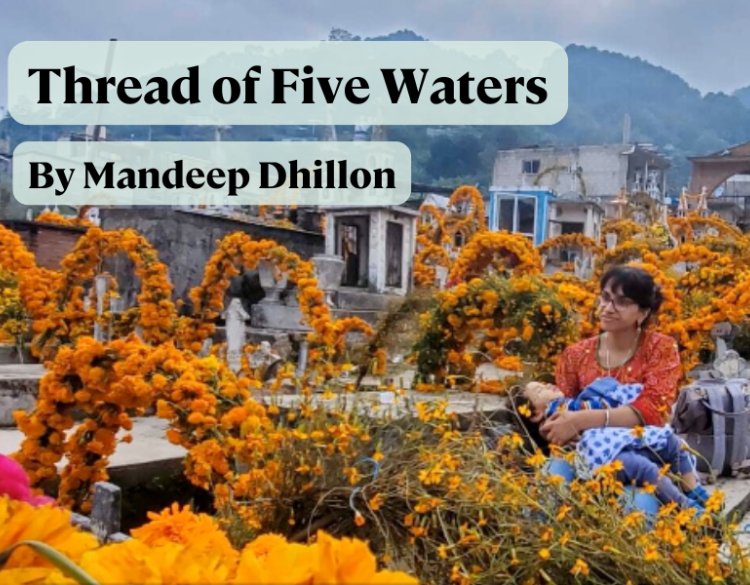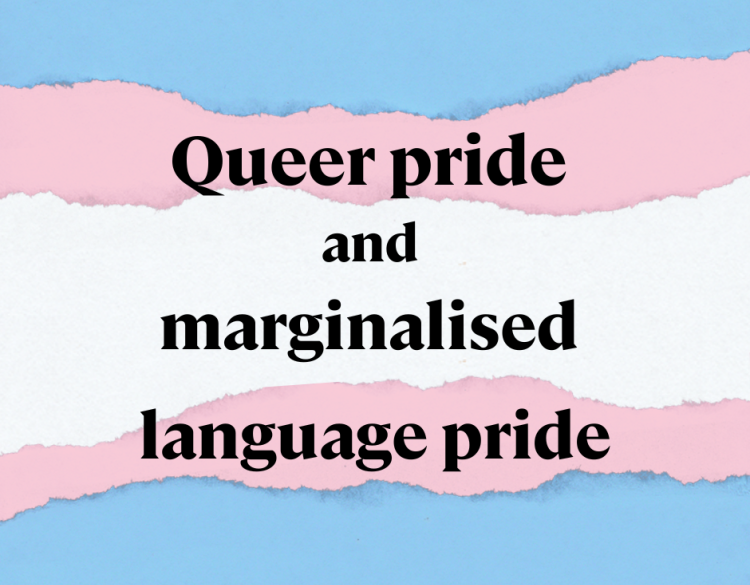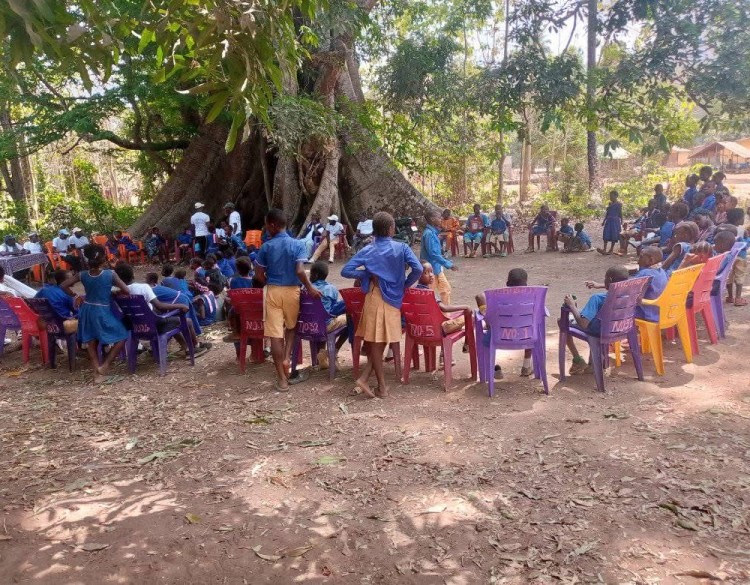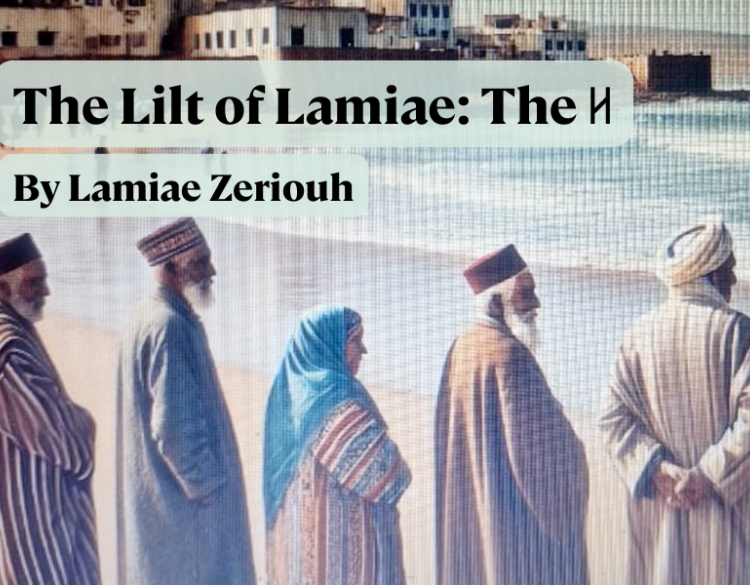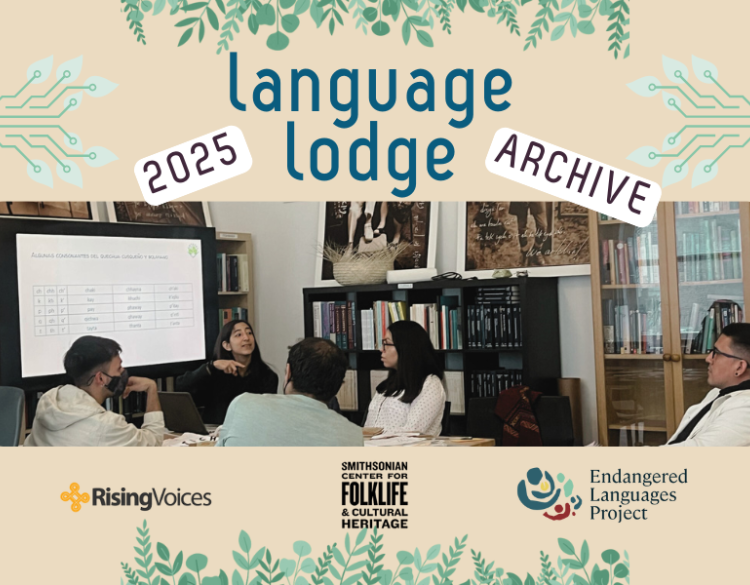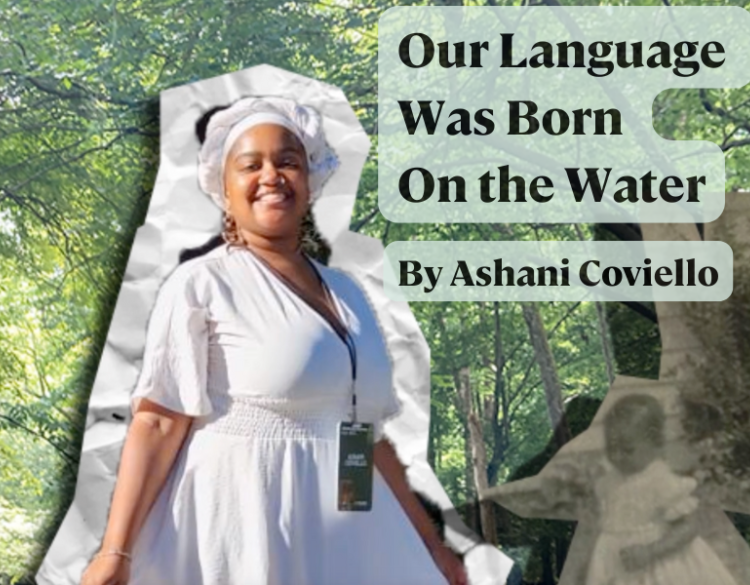Stories
Stories about language work from around the world.
All Posts
Results 10 - 18 of 71
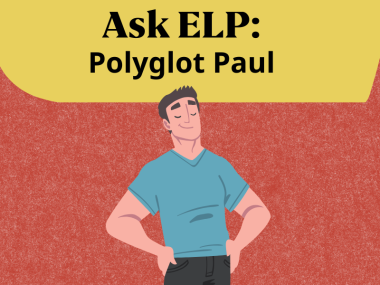
Ethics and Protocols
Ethics and Protocols
Submitted by
Alexandra PhilbinPublished on:

Ethics and Protocols
Ethics and Protocols
Submitted by
Alexandra PhilbinPublished on:

Ethics and Protocols
Ethics and Protocols
Submitted by
Alexandra PhilbinPublished on:
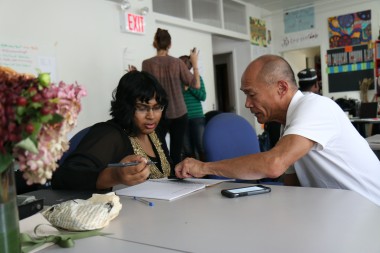
Language Revitalization
Language Revitalization
Language Planning and Policy
Language Planning and Policy
Submitted by
ELPPublished on:

Language Revitalization
Language Revitalization
Language Planning and Policy
Language Planning and Policy
Submitted by
ELPPublished on:

Language Revitalization
Language Revitalization
Language Planning and Policy
Language Planning and Policy
Submitted by
ELPPublished on:

Language Revitalization
Language Revitalization
Language Planning and Policy
Language Planning and Policy
